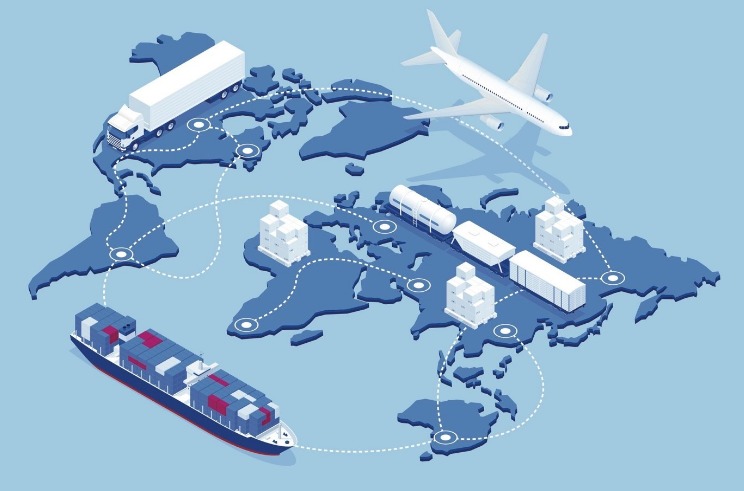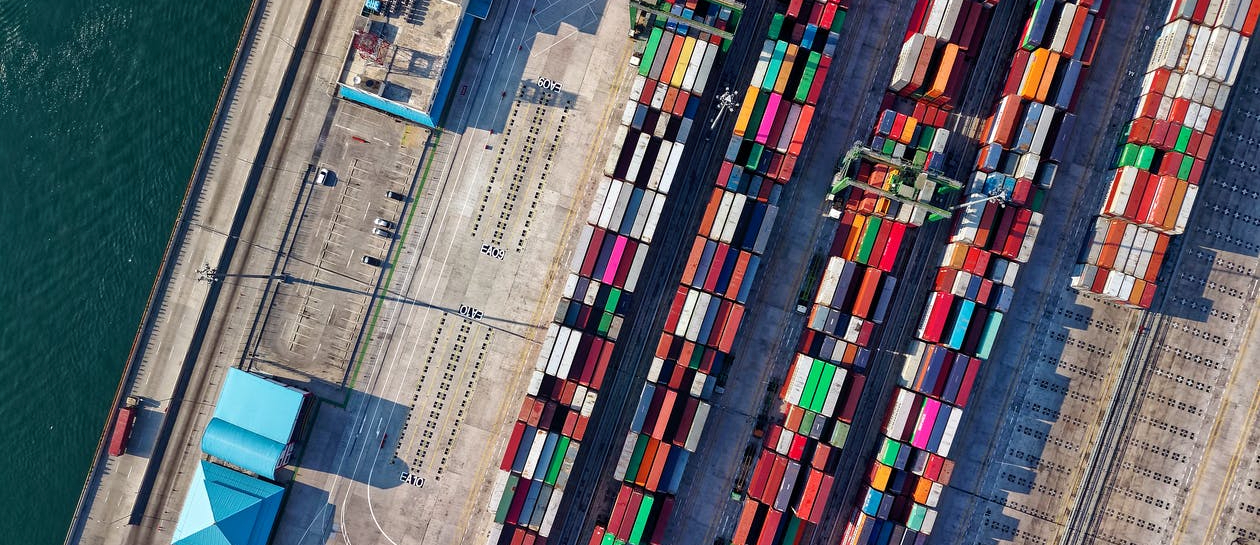Alliteration aside – in today’s world, the complexity of supply chain is increasing rapidly. Most supply chain professionals believe it will only continue. According to Gartner, more than 50% of supply chain leaders expect complexity to increase over the next five years in most aspects the operating model including equipment, product design, business models, and partners. With many businesses already struggling to stay ahead of supply chain complexity, the resulting gap between difficulty and capability is creating ever-widening costs. Organizations are working with poorly utilized infrastructure, under-performing inventory, delays, errors lost sale, and declining competitiveness.
To meet these challenges head-on and a potential solution is artificial intelligence (AI). Some of the world’s leading companies are using AI by plugging traditional supply chain software into supply chain AI platforms, which means operation leaders can optimize every supply chain transaction and decision. This sort of advanced supply chain optimization and methodology has the potential to not only add one to three gross margin points, but users are finding they can also reduce total supply chain planning costs by 11-18%, plus increase return on invested capital by two to seven points.

Aerospace
During a recent Meet the Boss roundtable in association with a major supply chain AI platform, one executive from a key North American business jet manufacturer said that they had one specific supplier. This attendee was not a fan of this methodology; however, they can minimize costs and have a single source of truth from where their parts are coming from. A challenge they had was that the vendor was focusing on other much larger airplane companies, which was an issue. The solution they came up with was very unorthodox. They sent a team to that specific vendor for the duration of the time to make a part. The team’s job was to make sure the part was being made on time, to a high standard, and staying a priority otherwise there would be legal and financial recourse. Using this supply chain planning has been highly effective according to this executive. Furthermore, they stated that they believe they are the only people within the aerospace industry doing this. An extra failsafe the team implemented is attaching a GPS tracker to each shipment, so they knew EXACTLY where the cargo is, at what time and the estimated time of arrival to the factory.
Cosmetics
Another attendee on that roundtable was from a multinational cosmetics company. They had a contrasting supply chain planning challenge to the jet manufacturer. They had multiple suppliers which offers a different complexity. This executive also bought up the key point of labour and talent. With the great resignation, people working from home, and increased flexibility, it is getting harder and harder to secure individuals for fulfilment especially during peak season and as they acquire more brands. They also agreed with the Gartner statistic in the first paragraph when saying more than 50% of supply chain leaders expect complexity to increase over the next five years. In terms of that labour market, they are looking at technology and automation as a solution. Before this solution is executed, a company needs to remove all the complexity out of all processes because pre-setting a whole process is not efficient and is a waste of valuable resources.
The roundtable was summed in the perfect way by our thought leader. Cooking a recipe and finding the right mix of digital, physical, and educational tools is key to staying in the race. Making “progress is not going to be perfect but let’s just make progress relative to where we have been and relative to our competition and at the end of the day that’s winning. When we do that with integrity, high character, and joy, you know we’ve won the day.”
Read more about the supply chain and improving your operations. Join the conversation at our next supply chain summit and accelerate your projects forward.














